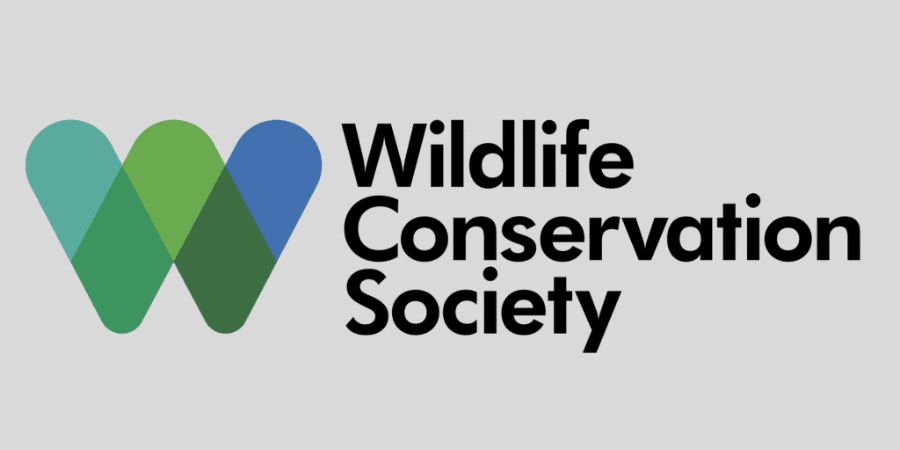The Wildlife Conservation Society (WCS) has received a grant of up to $2 million from the Bezos Earth Fund’s AI for Climate and Nature Grand Challenge. Being one of the fifteen global teams, WCS is going to pour the money into the development of artificial intelligence solutions that would be able to tackle the urgent environmental problems like climate change, biodiversity loss, and food insecurity, among others.
WCS intends to join forces with AI and citizen science to make a radical change in the process of rewinding and safeguarding coral reefs. The project puts an emphasis on finding the reefs that are the most able to withstand climate change and that are also important for the overall ecosystem including the local communities and the global 30×30 conservation target.
Turning Technology into Conservation Action
Dr. Emily Darling, the head of Coral Reef Conservation at WCS, said the money from the grant will empower the group to convert AI breakthroughs to tangible positive conservation effects. State-of-the-art AI will take care of reef health monitoring and computerized mapping combined with divers and citizen scientists will facilitate the sustainability of ecosystems that can survive the increment in ocean temperatures and other climate change effects through mapping and protection.
One of the initiatives of the Bezos Earth Fund, which is aimed at promoting the use of AI in the fight against climate and nature challenges, is the $100 million AI for Climate and Nature Grand Challenge launched in 2024. Researchers are linked with tech giants like AWS, Google.org, NVIDIA, Microsoft Research, AI2, and Esri to make the scientific ideas affordable, efficient, and accessible in terms of their application to environmental issues.
AI, Collaboration, and Global Reach
Dr. Amen Ra Mashariki, the AI and Data Strategies Director at the Bezos Earth Fund, stated that responsible AI, empowered by scientific research and local knowledge, will deliver major breakthroughs in the environmental sector. He pointed out that creating, in particular, AI tools production that not only supports natural ecosystems but also communities is a major issue.
WCS’s MERMAID AI platform sanitation will monitoring, coral, and policy-making in more than fifty countries through this project. Kim Fisher, the Lead Software Engineer for MERMAID, underscored that the goal of making AI tools available to all scientists and divers working to save reefs was a common one. The more users that contribute, the more the system becomes competent and accurate.
Empowering Communities with Real-Time Insights
WCS has decided to not only partner with the MERMAID project for the next two years but also create an open-source AI model that would be able to recognize over one hundred coral species. The platform will be able to make available the maps of climate-resilient reefs in real-time, the local scientists, governments, and communities will receive data that is usable. The implementation of these tools will be in the support of the reefs protecting the areas that are concerned with fisheries, and the diversity of the coastal and marine ecosystem as well as the livelihood of local people.
Dr. Stacy Jupiter, WCS’s Global Marine Program’s Executive Director, remarked that there are already some reefs that are showing the ability to withstand extreme climate conditions. Through AI, the WCS will be able to identify the reefs that are able to tolerate the climate changes and thus direct conservation efforts to those areas where the impact will be the greatest.
About WCS and MERMAID
The Wildlife Conservation Society runs New York City’s zoos and an aquarium and takes care of conservation initiatives in more than fifty nations. Their goal is to safeguard animals and nature by means of field research, teaching, and cooperating with the local people.
MERMAID, short for Marine Ecological Research Management AID, is the WCS’s coral reef data platform that is available open-source. It delivers instant data to scientists and decision-makers across the globe, thus facilitating the development of the most effective conservation and management actions for the reefs and their surrounding areas. By using such an approach, these organisms are living in healthy environments where their vital roles are acknowledged and protected.



